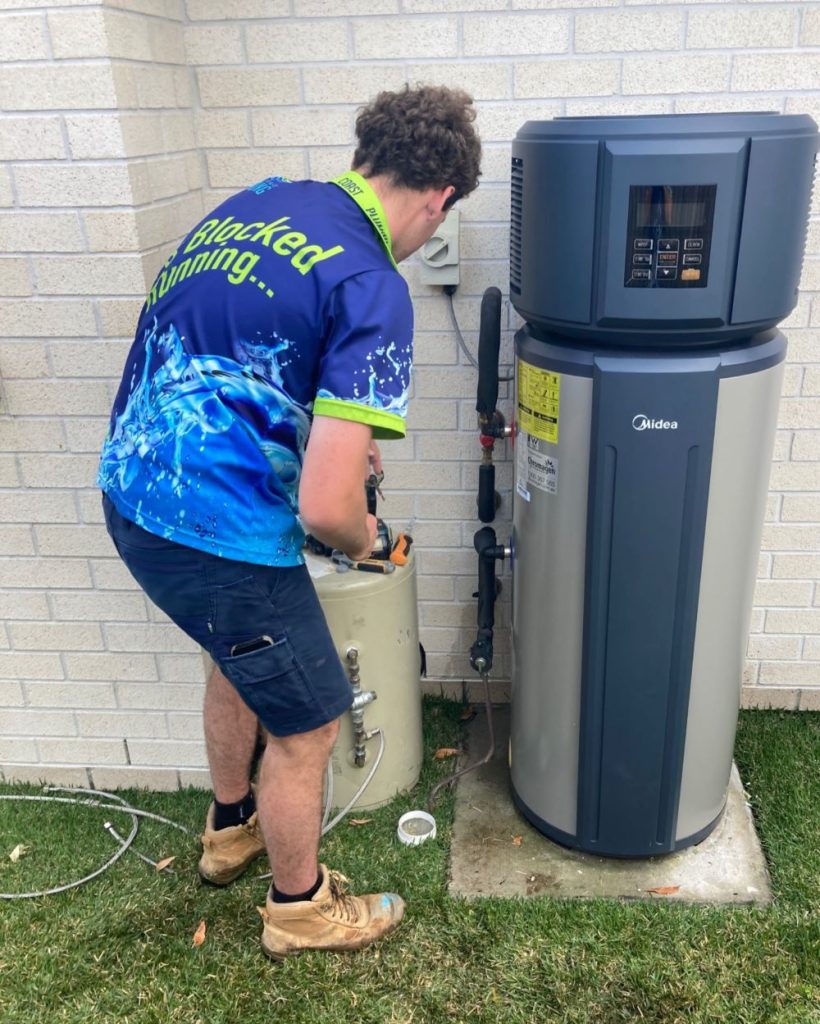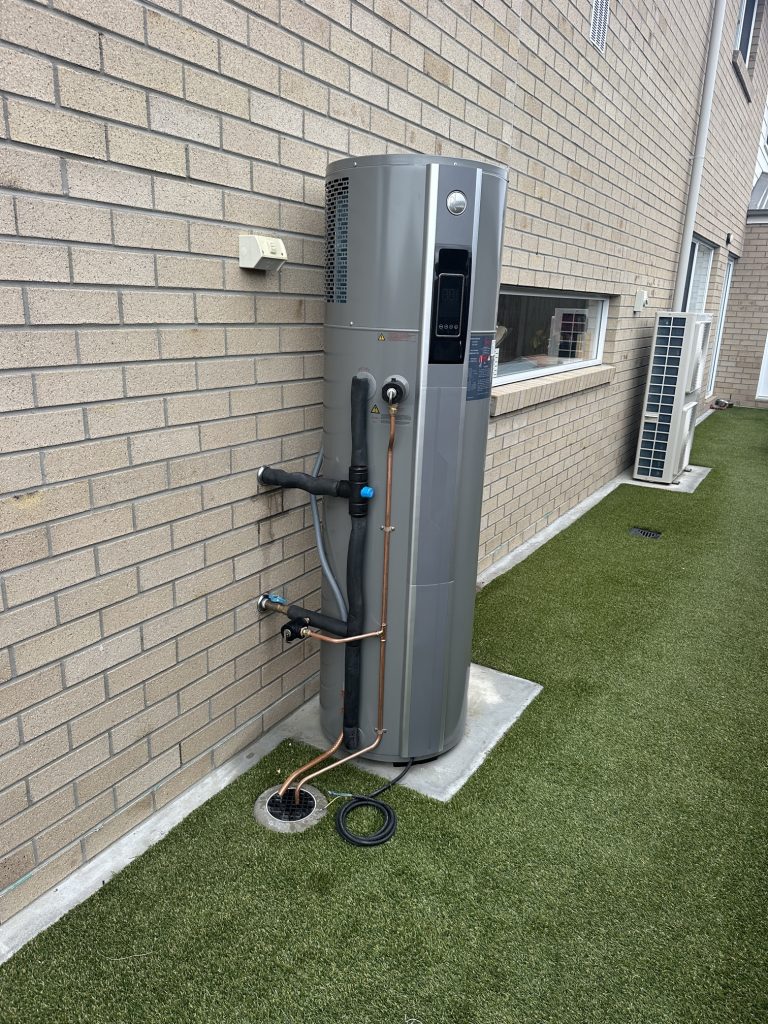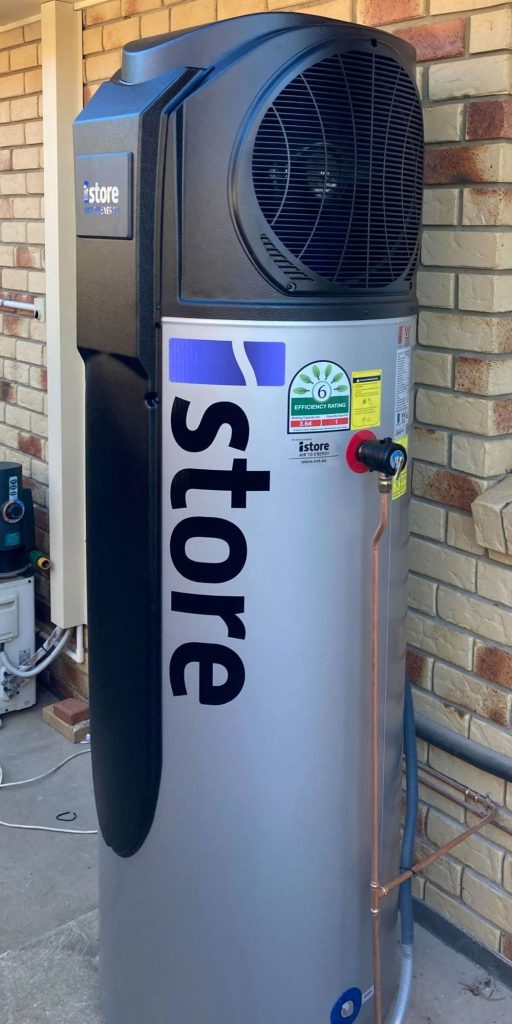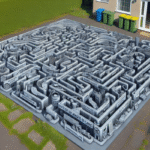Understanding the Unique Challenges of Selecting Hot Water Systems for Queensland's Climate
When it comes to selecting the ideal hot water system for your home in Queensland, the decision-making process transcends simple brand preferences or the capacity of the unit. It requires a thorough examination of various factors, including the local climate, humidity levels, electricity tariffs, and your household’s daily water consumption patterns. With the increasing cost of energy, many households are opting for heat pumps due to their superior energy efficiency and commitment to sustainability. However, it’s important to note that these systems may not be universally applicable to all types of homes. Therefore, an in-depth assessment of all relevant factors is crucial to ensure optimal performance and longevity of your chosen hot water solution.
This article delves into the operational efficiency of heat pumps in Queensland’s varied climatic conditions, identifies the types of residences that gain the most from these cutting-edge systems, and addresses common misconceptions that might lead to subpar performance or incorrect system selections.

Enhancing Heat Pump Efficiency in Queensland's Coastal Areas
Heat pump water heaters function by drawing thermal energy from the surrounding air. Their operational efficiency significantly increases with rising air temperatures. Coastal regions of Queensland, particularly in sought-after locations such as the Sunshine Coast, Brisbane, and the Fraser Coast, generally maintain average air temperatures above 5°C, even during winter. This stable warmth enables heat pumps to operate effectively throughout the year without the need for electric boosting or additional heating elements, which are often required in cooler climates. By harnessing this natural energy, homeowners can benefit from reduced energy expenses and a smaller carbon footprint.
Essential Environmental Factors That Enhance Heat Pump Performance
| Factor | Impact on Heat Pump Functionality | Coastal QLD Efficiency |
|---|---|---|
| Average ambient temperature | Higher = more efficient operation | ✓ Consistently maintained above 5°C |
| Humidity levels | Moderate improvements | ✓ Generally high and stable |
| Access to off-peak electricity | Lower operational costs | ✓ Widely available in most regions |
| Roof shading | Not a significant factor | ✓ No detrimental impact on system |
| Direct sunlight exposure | Not a necessity | ✓ Functions well in shaded conditions |
Identifying Scenarios Where Heat Pumps Might Underperform
While heat pumps offer numerous advantages, there are specific circumstances in Queensland where their performance may not meet expectations:
- Inland or elevated regions
In places like Toowoomba or the Hinterland, winter nights can see temperatures drop significantly. In such cases, certain heat pump models may struggle to maintain optimal efficiency without the support of a booster element, resulting in increased energy consumption and higher costs. - Limited or poorly ventilated outdoor spaces
Heat pumps require adequate airflow around their compressor units for optimal operation. In confined or enclosed environments, the efficiency of heat extraction may decline, and operational noise could increase, potentially disturbing residents. - Large households with significant water demands
For homes accommodating more than six residents, systems designed for enhanced water storage or faster recovery times, such as solar-boosted gas systems, may be more beneficial for effectively meeting substantial hot water needs.
Dispelling Myths Surrounding Heat Pumps in Queensland
“They become ineffective during winter.”
This notion might hold true for colder southern regions, yet it is inaccurate in Queensland. In areas where average temperatures consistently exceed 5°C, heat pumps retain their efficiency during winter, providing dependable hot water solutions even in cooler months.
“Solar panels are necessary for heat pumps to function.”
This claim is misleading. Heat pumps can function independently of solar photovoltaic (PV) systems, although integrating them with solar energy can significantly enhance your energy savings and sustainability.
“Heat pumps are excessively noisy and disruptive.”
Contemporary heat pump systems are designed to operate much more quietly than older versions. When installed properly in well-ventilated areas, the noise produced by the compressor unit is typically minimal, promoting a comfortable living environment.
Effective Strategies for Optimising Heat Pump Installation and Performance in Queensland
- Choose a system designed for Australian conditions
Select models that feature high-efficiency ratings and reliable local support, such as istore or Stiebel Eltron, which are renowned for their performance in the Australian climate. - Install in a well-ventilated, shaded location
While heat pumps do not require direct sunlight, they need adequate airflow around the unit to operate efficiently and effectively. - Utilise timers or smart controls
Programming the system to operate during solar energy production periods or off-peak electricity hours can significantly increase energy savings and reduce operational costs. - Ensure proper sizing of your system
A capacity of 250–300 litres is typically sufficient for the hot water demands of most families. An undersized system can result in performance issues and a dependence on boosting mechanisms, thereby increasing energy consumption.
The Importance of Local Expertise in Successful Heat Pump Installation
The successful installation of a heat pump requires a tailored strategy to achieve optimal results. The best outcomes are realised by partnering with a local plumber who understands:
- Performance adjustments based on local climate conditions to ensure maximum efficiency
- Eligibility for rebates such as Small-scale Technology Certificates (STCs) and various Queensland government incentives aimed at enhancing energy efficiency
- Optimal placement and ventilation strategies for the unit to boost performance
- Integration with solar PV systems or battery storage solutions, if relevant, to maximise energy efficiency
At Creek to Coast Plumbing, we specialise in supplying and installing high-performance hot water systems, including heat pumps, throughout the Sunshine Coast and Moreton Bay areas. Our dedicated team is ready to assist you in determining which type of hot water service will best suit your requirements. As the demand for energy-efficient hot water solutions continues to rise, many individuals are comparing solar options with heat pumps. We will evaluate the specific conditions of your home, recommend the most appropriate system, and ensure you are well-equipped for maximum efficiency.
Discover more details about our Heat Pump Hot Water Installations or contact us for a tailored recommendation to meet your specific needs.
The Article: Heat Pumps in Queensland: Effective Solutions and Pitfalls first appeared on https://writebuff.com
The Article Heat Pumps in Queensland: Benefits and Challenges Explained Was Found On https://limitsofstrategy.com


